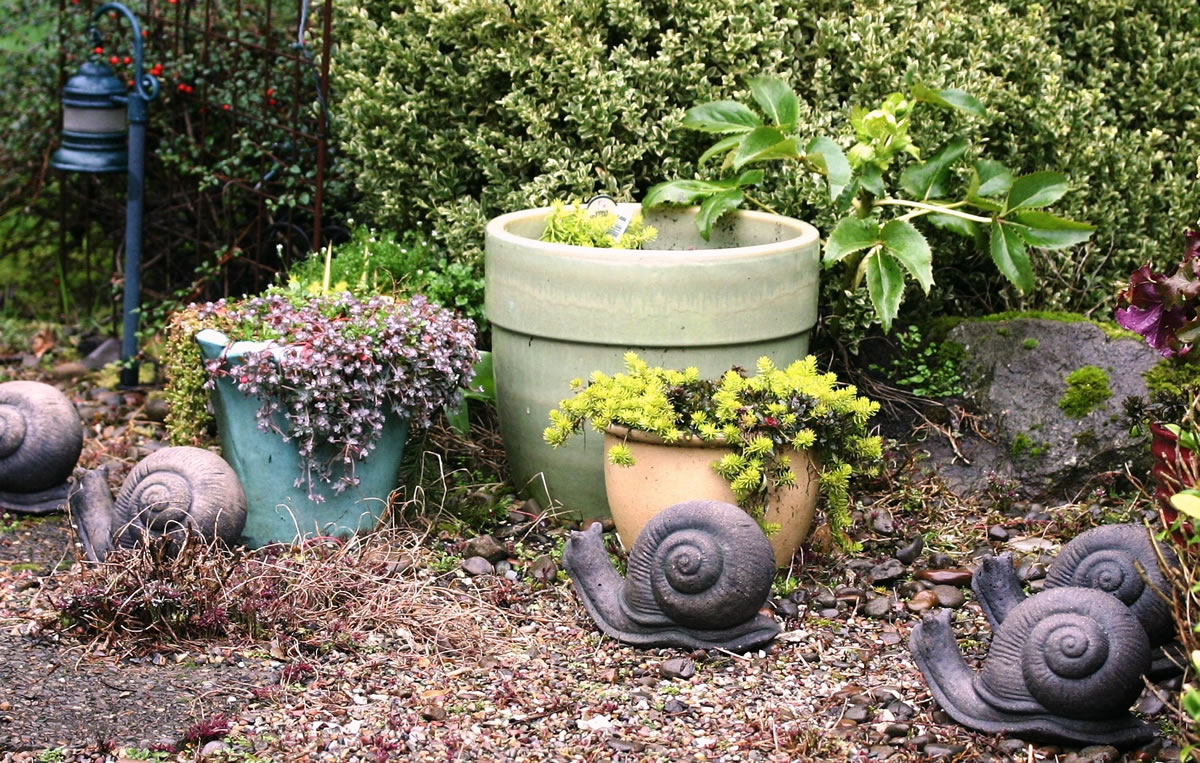My head is in the clouds and my knees are weak. It must be spring. It all started when I walked into a local nursery and saw the long tables filled with colorful, spring-blooming plants. There were primroses and tulips in four-inch pots. There were gallon-sized perennial crested irises and a selection of shrubs, including the fragrant, variegated daphne. I could smell the hyacinth before I saw them on the shelves.
My first reaction to spring is the desire to begin anew. This year that desire is especially strong because I’m considering a move to a new, smaller garden in the near future. My current garden is well-established but I always have new ideas and occasionally wish I had the chance to do it differently. The truth is, if I had it all to do over again, I would. Now that I have that chance, I’m ready to meet spring with a new perspective.
Although I appreciate all that I have learned from my current garden, I intend to follow my own advice and approach my new situation as a beginner. I often ask gardeners what they like most about their gardens. Those who are happy with the results of their efforts are a great source for those who want to change a few things in their own gardens.
Here’s the most frequent answer to the question, “What advice would you offer to someone who is creating a new garden?”
“Hire a garden consultant or designer to help you interpret and understand what you want your garden to be.” They say the expense and time spent are well worth it. Another comment I often hear is to take some chances that you didn’t take before. We can all benefit by shaking up the system now and then.
ID existing plants
For those moving into an established garden, the suggestion I hear most often is to identify the existing plants. Often there are wonderful plant surprises waiting to appear in each new season. Until you know for sure what you have, don’t rush to make any major changes. Decorate with a style that fits your home and lifestyle, whether that is pure English formality or a collection of birdhouses dotted here and there around the garden. Always remember that it’s your garden and you can do anything you want with it.
We expect a lot from our gardens because with each new spring the reward for last year’s efforts continue to grow. You don’t have to be an expert to reap these rewards. You can, however, take the advice of garden experts and still create your own garden. Take the information they offer and run with it in your own way. Pay attention to your heart’s desire. Lighten up and enjoy the small successes.
The most successful garden will include features you have longed to have and plants you specifically love. Add a seating area on the front porch if you want to hang out and read on a sunny afternoon. Place an arbor at the entrance of a rose garden if roses will be a feature in your garden. Take your time and choose outdoor furniture that is designed to handle the Northwest weather and that is comfortable enough to relax in for an extended period of time. Build the best arbor you can afford.
Visit other gardens
If you want to make some changes this spring, like I do, take the advice and recommendation of the experts but also garden in a way that pleases you. Talk to other gardeners. Better yet, spend some time in their gardens and invite them over to spend time in yours. Allow your garden to reflect your unique personality. Plant a natural garden that draws in birds and butterflies. If you love to cook, design a potager kitchen garden with vegetables to highlight your favorite recipes.
I like to keep my hand in the garden all year long but spring fills me with the desire to get outside and dig in up to my elbows. One of the things we learn as gardeners is that gardening always has something new to teach us about life. Before you take on the task of a new garden or of re-creating an old garden, take the time to honor the work you have done up to this point. Be thankful for the abundance your garden has offered up through the years. Now, take a deep breath and open your mind to change, again.
Robb Rosser is a WSU-certified master gardener. Reach him at Write2Robb@aol.com.



